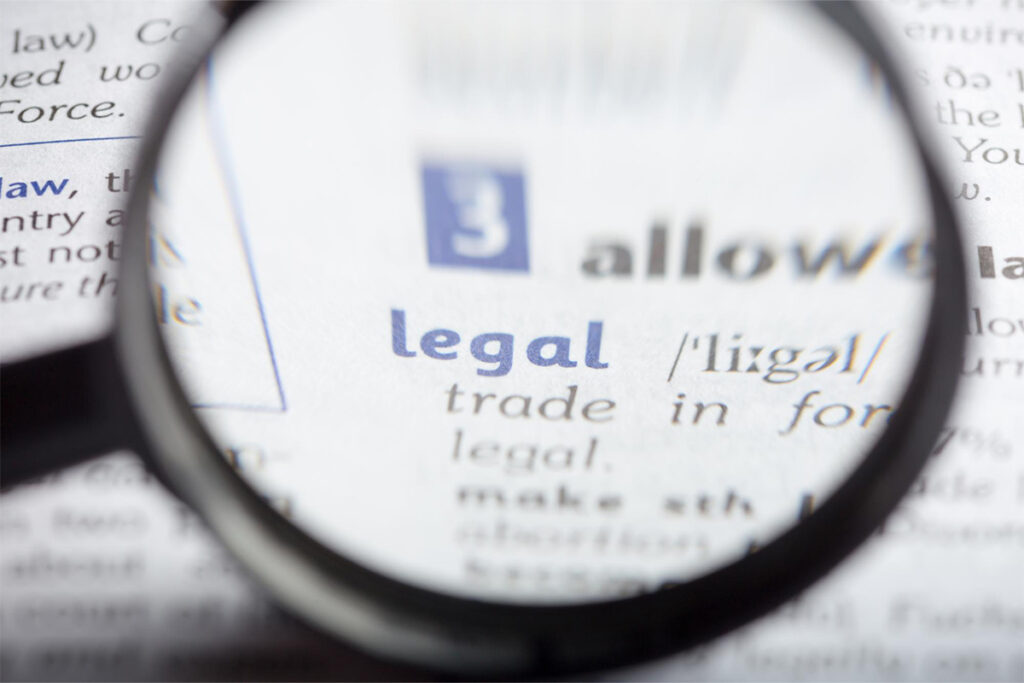Discovery is a key part of the litigation process where all parties share important information, documents, evidence and testimony with one another. This process helps make the issues and relevant facts transparent to all parties, allowing them to assess the strengths and weaknesses of the various issues and claims at play in a case. The most common discovery tools used to request and gather information from other parties include: written questions (interrogatories), requests for production of documents (document demands), asking the other side to admit certain facts (requests for admission), and interviews under oath (depositions).
For discovery to work smoothly, both parties must follow specific rules. They are required to share relevant information unless it is protected by legal privilege. This includes providing important documents, identifying witnesses, and disclosing expert opinions they plan to use in court. Both sides must also stick to deadlines and guidelines to prevent delays or misuse of the process. Oftentimes, the court will set discovery deadlines to avoid delays and prejudice.
Discovery is crucial because the assessments made from the evidence exchanged and discovered help parties decide as especially strong or weak evidence might push one side to settle, seek summary judgment, or pursue trial. In this way, effective discovery is a strong way to encourage fair outcomes in a case.
Discovery is a vital step in the legal process that ensures fairness and helps both sides present their cases effectively. Let the legal team at Porter Thomas Grabell & Baumwoll P.C. handle your case’s discovery process with professionalism and integrity.




